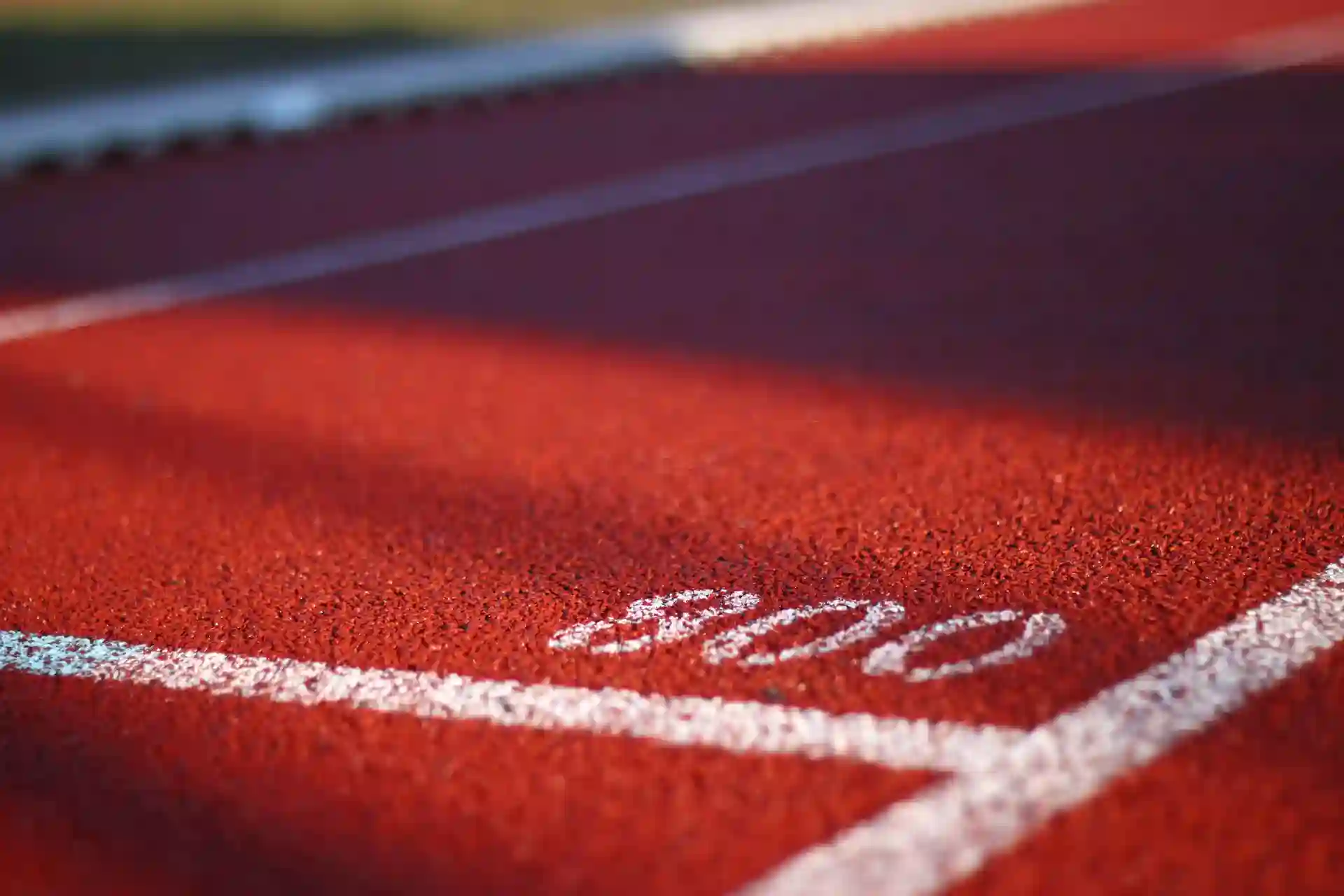The acceptance of recreational cannabis and the growth of the cannabis market continue to gain more attention across the nation. Yet national sports continue to present a more conflicting opinion about the recognition surrounding the plant. Its consumption was banned in the recent Tokyo Olympics and was identified by officials as a performance enhancement drug.
Sha‘Carri Richardson, who is recognized by many as a hardworking and talented athlete, was representing the US flag in the 100-meter race and found herself the victim of this ban, as she accepted a 30-day suspension after winning the Olympic trials in Oregon. Her Olympic trials results have been erased and she was unable to compete in her signature 100-meter dash at the Tokyo Olympics.
Sha‘Carri told NBC that she used the cannabis strains to help alleviate symptoms of stress, as she had recently experienced her biological mother’s death. After the suspension was publicly announced, there was an outcry from supporting fans and fellow athletes who debated that cannabis is not a performance-enhancement product. Perdita Felicien, known Canadian Olympic hurdler, was one of the many people who voiced an opinion on the scenario.
Why is Cannabis Banned?

This disqualification reignited a question asked by cannabis advocates across the US — how and why did cannabis fall into the banned substances list? Cannabis has actually been banned by the World Anti-Doping Agency (WADA) since the organization first created its list of prohibited substances in 2004. As per the United States Anti-Doping Agency (USADA), the ban was partially based on a 2011 study that wrongly concluded that cannabis might slow reaction times in athletes, which could cause serious injuries to the consumers as well as fellow athletes on the ground. What’s more astounding to people is the fact that this study labeled cannabis as “not consistent with the athlete as a role model for young people around the world.” Cannabis advocates now argue that the study is outdated and that numerous contemporary findings label cannabis as a non-performance-enhancement substance.
It is defined that items on this banned substances list meet two of three of the following criteria: they harm the health of the athlete, they are performance-enhancing, or they are against the spirit of sport. It is the second criteria that have drawn the most conflict of opinion, as most research actually points to cannabis more so hindering physiological responses necessary for high performance and not enhancing them; especially by raising blood pressure and decreasing strength and balance.
As WADA came up with its list of banned substances in 2004, cannabis was illegal in almost every country in the world. Its past status as an illicit drug was cited as one of the reasons why cannabis offended the “spirit of sport.” This reasoning may also spark aggressive debate, considering how much the public mindset about cannabis has changed over the decades.
What Has Changed?
Many changes have occurred over the years as public acceptance continues to evolve about cannabis and legal status continues to advance. In the US, it is still illegal federally, but it is legal for both recreational and medical consumption in about a third of the states. In 2019, WADA had actually removed cannabidiol (CBD), a component of cannabis, from the banned list; even though the chemical remains illegal in some countries, like Japan, where the Olympics are hosted this year. Though this presents slow progress, it may still fuel criticism of Richardson’s ban.
Another significant series of changes regarding cannabis and sports has occurred recently for American pro sports leagues. All the leagues have widely loosened their restrictions surrounding cannabis over the past years. An example would be the NFL raising the threshold for a positive test and completely eliminating suspensions. The NBA also stopped random testing for marijuana in March 2020. A majority of these changes are seen as laws prohibiting cannabis use around both the nation and the world have become more relaxed, and as a multitude of research has linked cannabis to medicinal and pain-relief benefits.
A Smart Approach by International Regulators
A precedent was set by the international regulators not long after the London Olympics in 2012 when they increased the cannabis threshold to 150ng/ml. The purpose of the new threshold was an attempt to ensure that in-competition use is detected, but not use during the days and weeks before competition. The sanction for a positive test when an athlete can establish the drug was not used to enhance performance is three months. That can be reduced to one month if the athlete completes counseling.
One would argue that it could be beneficial to implement something similar after the recent ban on Richardson. However, experts and advocates of cannabis are trying their best to get cannabis duly off the performance-enhancement substances list. What’s your opinion on cannabis being on this list?
Where to Buy Cannabis in Las Vegas
Looking for top-grade cannabis strains and products in Nevada? Head over to Planet 13 today! We are the largest cannabis dispensary near the Las Vegas Strip that offers a broad range of products at affordable prices.
Order online today for delivery or curbside pickup (between 9:00am and 12:00am) or simply visit our Las Vegas strip dispensary any day of the week. We have a staff full of knowledgeable and experienced budtenders on board to help you with all your cannabis needs!



